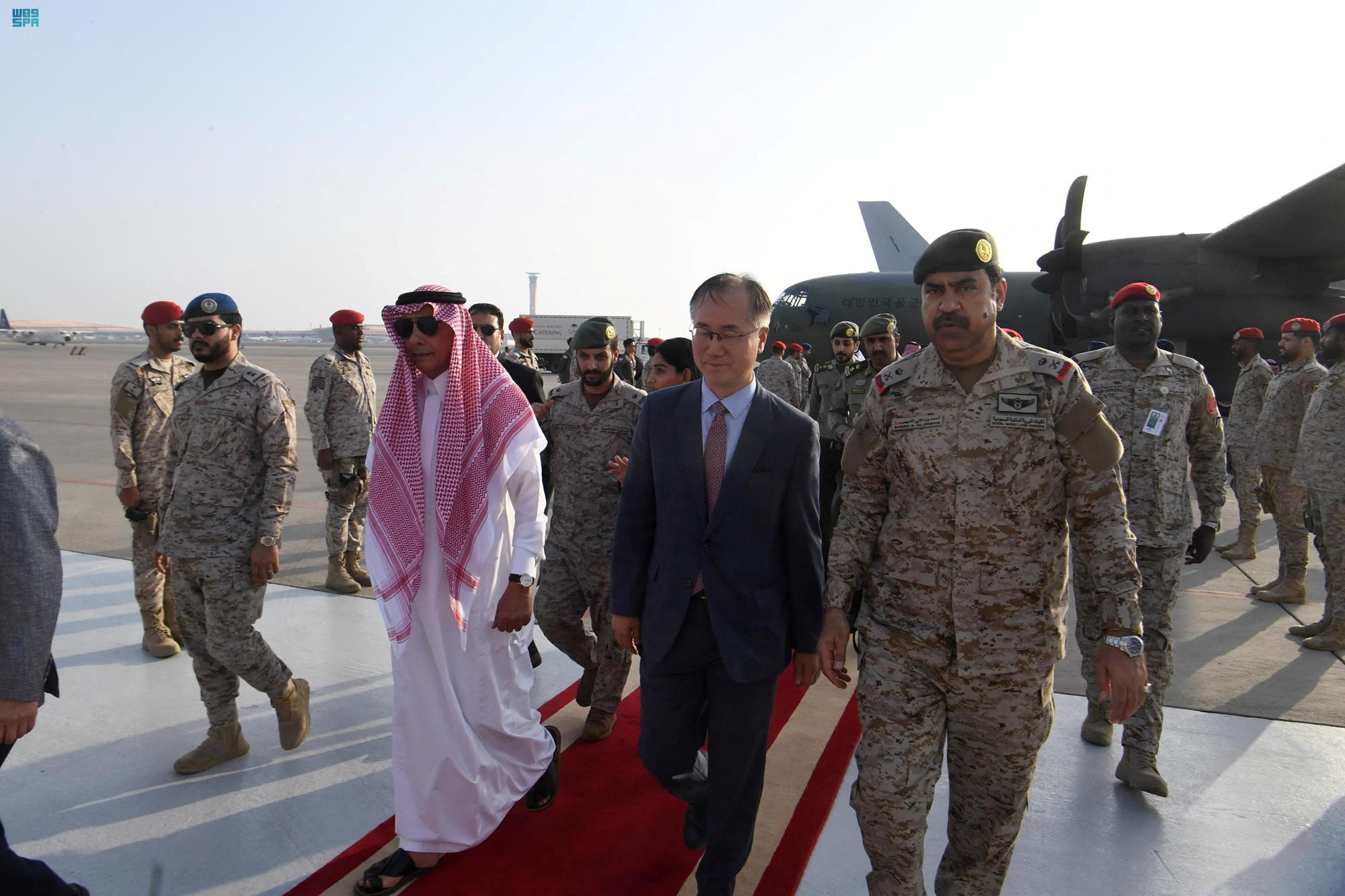Sudan Clashes: High Risk Of Biological Hazard, Alarms WHO.
We were still dealing with a pandemic, and there came the flames of another biological hazard in Sudan. God knows what will be written in the upcoming chapters of 2023!

Sudanese fighting ceased overnight as the army and a rival paramilitary organisation agreed to a three-day ceasefire, allowing more Sudanese to evacuate recently and other governments to remove individuals. The World Health Organisation, however, declared a “high risk of biological hazard” in Khartoum when one of the warring groups seized a national laboratory housing measles and cholera viruses and evicted the technicians.
The clash revolving around the army and the paramilitaries known as the Rapid Support Forces (RSF) began on April 15 and has converted residential neighbourhoods into war zones, killing at least 459, injuring over 4,000, and shutting off water, power, and food in a country already dependant on aid. After repeated attacks on diplomats, including the execution of an Egyptian attache shot on his way to work, several nations have evacuated diplomatic workers out of Khartoum, the capital. Some countries also expel their private people.

Britain has begun a large-scale evacuation of its people aboard military planes from an airstrip north of Khartoum. France and Germany reported evacuating about 500 persons of various nationalities and that a French commando was injured by crossfire during the operation. Sudanese families took advantage of the break in fighting to emerge from their houses and look for transportation to take them to safety, fearing that the evacuation of foreigners would put locals at risk.
Perhaps the most difficult time is contemplating leaving the country, according to a Khartoum resident who said her children had sheltered beneath mattresses from the sound of bombs before fleeing to Egypt. Despite the unpredictability of situations bordering Chad, Egypt, Ethiopia, and South Sudan, tens of thousands have fled in recent days. The situation for those who remain in Africa’s third-largest country, where a third of the 46 million people need help prior to the unrest, is rapidly deteriorating. Certain people were surprised by the departure of certain foreign assistance organisations and ambassadors. Because of the conflict, the United Nations humanitarian office has reduced its work.
There are bodies on the road of Sudan lands.
Khartoum residents, who did not want to be identified, expressed concern that with fewer foreign observers, warring troops might show less regard for civilians.

The WHO’s Nima Saeed Abid told reporters in Geneva via a video connection from Sudan that technicians had been kicked out of the National Public Health Laboratory, which also houses blood supplies because it had been taken by one of the fighting groups, which he declined to name. This is the biggest issue, he added because there is no access for lab workers to go to the lab and securely control the biological material and substances accessible.
Yassir Arman, a key player in the civilian political coalition Forces for Freedom and Change (FFC), encouraged humanitarian organisations and the international community to assist in the restoration of water and power, as well as the delivery of generators to hospitals. There are bodies strewn about the streets and sick people who can’t find medicine, water, or electricity. During the ceasefire, people should be allowed to bury their dead, he stated.
According to UN agencies, food, clean water, medicines, and gasoline are in low supply, and communications and energy are restricted, with costs increasing. Residents stated that the price of a bus ticket to Egypt had increased sixfold, reaching $340. The RSF accused the army of breaking the 72-hour truce negotiated recently and targeting its forces’ position near Khartoum’s presidential palace.

The RSF was accused of targeting diplomats by the foreign ministry, citing the death of an Egyptian official. The Sudan Armed Forces (SAF) stated the truce was mediated by the US and Saudi. The accord was initially reported by US Secretary of State Antony Blinken, who claimed it came after two days of rigorous discussions. Several past truces have failed to survive. Prior to the nighttime peace announcement, Omdurman had been rattled by air strikes and ground combat, and there had also been confrontations in Khartoum.
Conclusion.
According to United Nations Secretary-General Antonio Guterres, the violence in a nation that borders the Red Sea, Horn of Africa, and Sahel areas threatens to ignite a catastrophic inferno that may engulf the whole region and beyond. Dark smoke blanketed the sky near the international airport in downtown Khartoum in Sudan, near the army headquarters, and artillery fire shook the area. We were still dealing with a pandemic, and there came the flames of another biological hazard in Sudan. God knows what will be written in the upcoming chapters of 2023!




